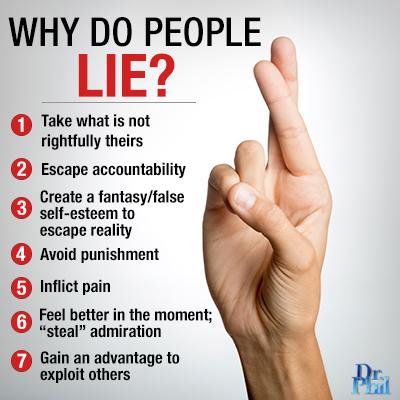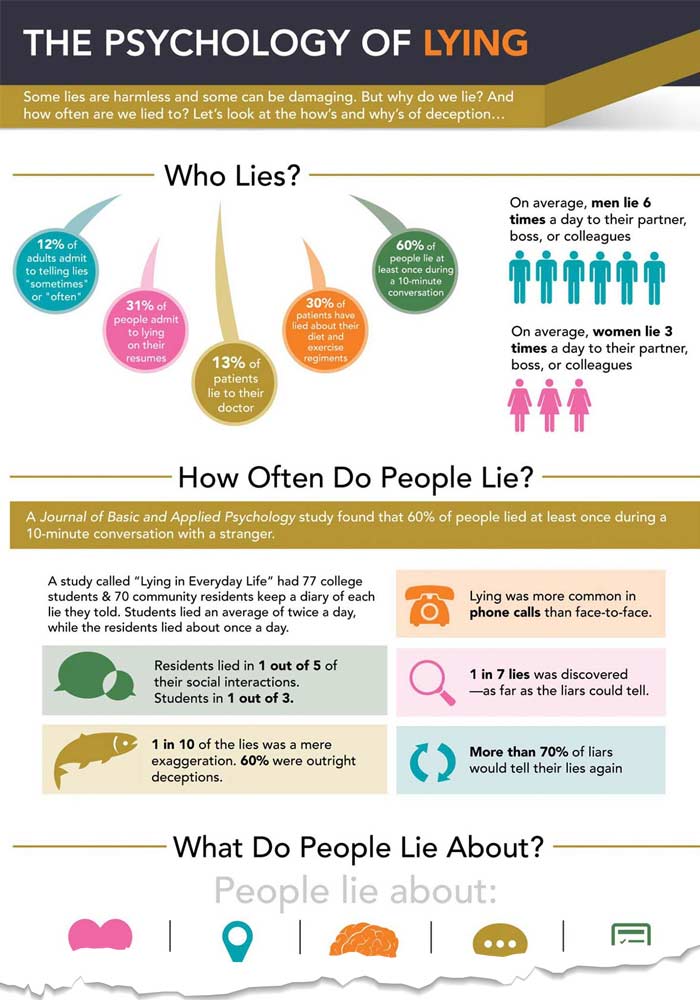No one likes being lied to or deceived. Deception, like a complex web, often finds its way into our relationships, leaving profound consequences in its wake.
Being on the receiving end of lies can harm our mental health, eroding trust and leaves emotional scars.

Lies stem from various motives, such as self-preservation, avoidance of consequences, personal gain, or protecting others. However, the repercussions of dishonesty extend to both the liar and the person being deceived, highlighting the complexities surrounding lies.
Unveiling a lie can inflict a heavy toll on mental well-being, giving rise to a range of adverse effects. The discovery of a lie shatters trust, plunging individuals into a whirlwind of emotions like betrayal, anger, and sadness.
Self-doubt becomes a constant companion, casting doubt on one’s judgment and ability to trust others. Living in an environment rife with deceit breeds worry, anxiety, and stress, as individuals grapple with the uncertainty spawned by lies.
Detecting deception is a delicate task, but there are behavioral cues that may raise suspicions. Inconsistencies in statements serve as red flags, as liars tend to provide contradictory or inconsistent information about a particular event or subject. Non-verbal communication also reveals hidden truths, as liars often display discomfort by avoiding eye contact, fidgeting, or frequently touching their face.

Defensive behavior emerges when liars become defensive or overly aggressive when questioned about their honesty. Verbal indicators, such as hesitant speech, excessive defensiveness, or an overuse of qualifying statements, can further hint at deception.
Fleeting facial expressions, known as micro-expressions, can betray lies with momentary signs of fear or anxiety.
When confronted with a suspected liar, it is essential to approach the situation with empathy and care. Gathering concrete evidence before confronting the individual provides a factual basis for discussion.
Creating a safe and non-threatening space is crucial, allowing for open communication. Active listening becomes paramount, allowing the person to explain themselves without interruption, while attentively observing their verbal and non-verbal cues.
Expressing concerns in a calm and non-accusatory manner allows for an honest exchange of perspectives. The focus should be finding a resolution that rebuilds trust or addresses the underlying issues that led to the deception.
Navigating relationships with perpetual liars can be challenging. Although there is no formal diagnosis for perpetual lying, it is crucial to prioritize one’s well-being and set boundaries.
Engaging in self-care by seeking support from trusted individuals, whether friends, family, or professionals, becomes paramount. Evaluating the impact of persistent lies on the relationship is essential, as rebuilding trust may require distance from the individual.
Communicating clear expectations regarding honesty and trust fosters open and healthy communication. Rebuilding trust is a gradual process, requiring both parties’ commitment to honesty and transparency.
The world of lies can have far-reaching consequences on our mental health and relationships.



1 comment
Stupid and/or ignorant people also “provide contradictory or inconsistent information” about events and subjects. They are not aware that they are not telling the truth, however. Often they parrot what they have heard or seen elsewhere without bothering to question the authenticity of the matter.
Comments are closed.